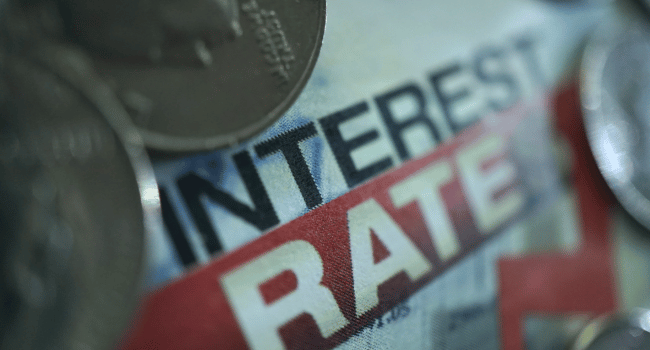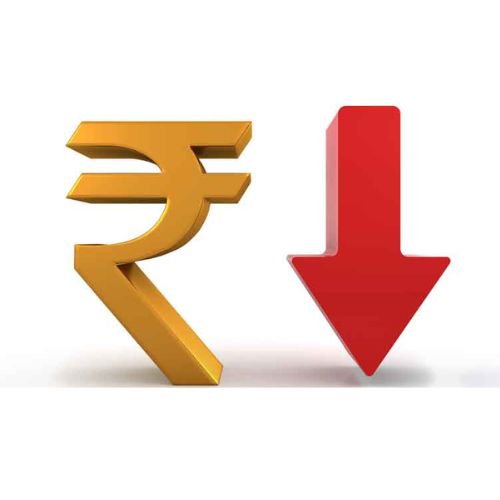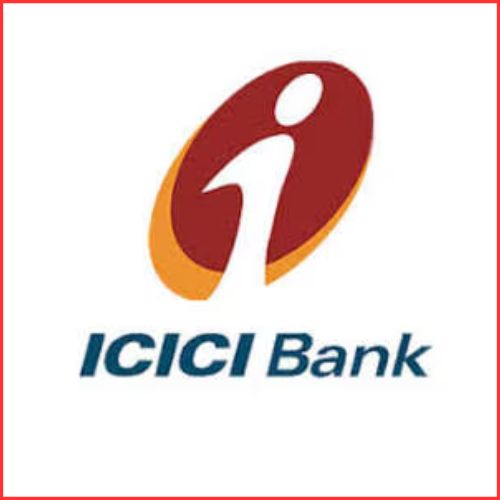In an ever-changing financial landscape, fixed deposits (FDs) have long been a favourite investment choice for Indians seeking safety and guaranteed returns. As the economy recovers from the recent turbulence, one question looms large: Is it the right time to book FDs with interest rates going up to 9% p.a., or should you hold out for potentially higher rates in the near future? In this article, we’ll delve into the current scenario of FD interest rates, the factors affecting them, and whether you should seize the opportunity.

The Current Landscape of FD Interest Rates in India
In recent times, the interest rates on FDs in India have seen fluctuations. At present, banks and financial institutions are offering FD interest rates that range from as low as 3.25% p.a. to as high as 9% p.a. This range can be attributed to several factors and the prevailing economic conditions.
Factors Influencing FD Interest Rates
RBI’s Monetary Policy: The Reserve Bank of India’s (RBI) monetary policy decisions play a pivotal role in determining interest rates across the financial sector. When the RBI lowers the repo rate (the rate at which it lends money to banks), it often leads to lower FD interest rates. Conversely, when it raises the repo rate, some financial institutions tend to offer some of the highest FD rates in India.
Inflation Rates: High inflation can erode the real returns on fixed deposits. Banks may raise FD interest rates to offer investors an effective hedge against inflation.
Liquidity in the Banking System: The liquidity in the banking system also impacts FD rates. A surplus of funds in the system can lead to lower FD rates, while a shortage can push rates higher.
Competitive Pressure: Banks often adjust their FD rates to remain competitive. If one bank offers higher rates, others may follow suit to attract deposits.
The Appeal of the High Interest Rates
The prospect of locking in your funds at a fixed deposit at high interest rates can be quite tempting, especially considering the safety and predictability FDs offer. Here are some reasons why booking FDs with the highest rates may be advantageous:
Assured Returns: One of the most significant advantages of FDs is the guaranteed returns. When you invest in an FD offering a high interest rate, you can be confident about your earnings, even in a volatile economic environment.
Hedge Against Inflation: With inflationary pressures, a high FD rate can help preserve the purchasing power of your money. It ensures that your returns outpace the rising cost of living.
Stability in Uncertain Times: FDs are known for their stability and safety, making them a wise choice during periods of economic uncertainty or market volatility.
Diversification: High-rate FDs can be a useful addition to a diversified investment portfolio, counterbalancing the riskier assets like stocks and mutual funds.
Easier Financial Planning: Knowing the exact amount you will receive upon maturity allows for better financial planning, making FDs suitable for those with fixed financial goals.
The Question of Timing
The decision to book FDs with the current interest rates or wait for potential hikes is a matter of timing and personal financial goals. Here are some considerations to help you decide:
Immediate Financial Goals: If you have immediate financial goals, such as funding a major purchase, paying for education, or retiring debt, booking FDs with the current high rates can provide financial security and stability.
Risk Tolerance: Consider your risk tolerance and investment horizon. If you are risk-averse and prefer guaranteed returns, the stability of FDs may outweigh the potential for slightly higher rates in the future.
Economic Outlook: Pay attention to economic forecasts and RBI’s monetary policy. If indicators suggest a rising interest rate environment, it might be prudent to lock in FDs at the current attractive rates.
Diversification: Evaluate your overall investment portfolio. Diversification is a key principle of financial planning. Consider how FDs fit into your diversified strategy.
Keep a Watchful Eye: If you believe that FD rates are likely to increase significantly in the near future, you might choose to wait and keep an eye on rate movements.
In Conclusion
Fixed deposits are indeed attractive, especially given their safety and stability. However, the decision to book FDs or wait for potential rate hikes should be a well-informed one. Consider your financial goals, risk tolerance, and the prevailing economic conditions before making a decision. In the world of personal finance, timing is important, but so is the alignment of your investments with your long-term objectives. Regardless of your choice, FDs can be a valuable addition to your investment portfolio, providing peace of mind and a reliable source of income.














